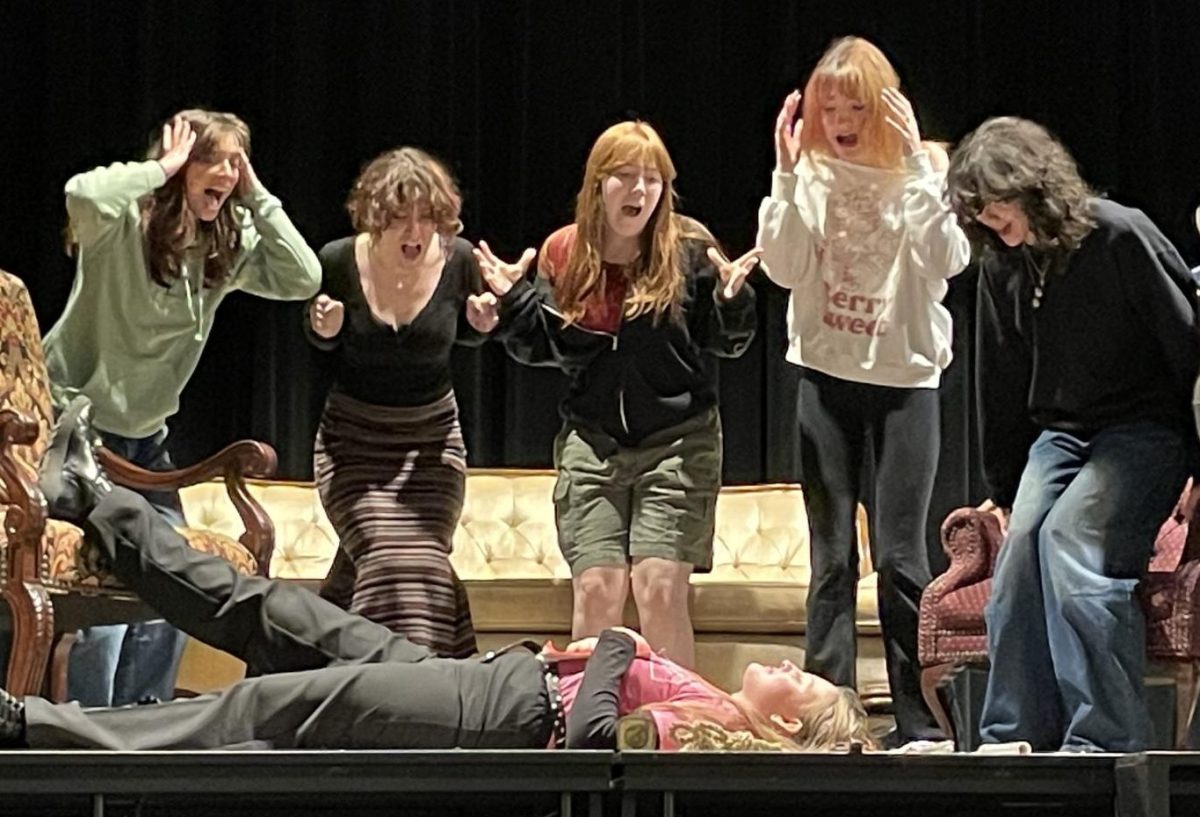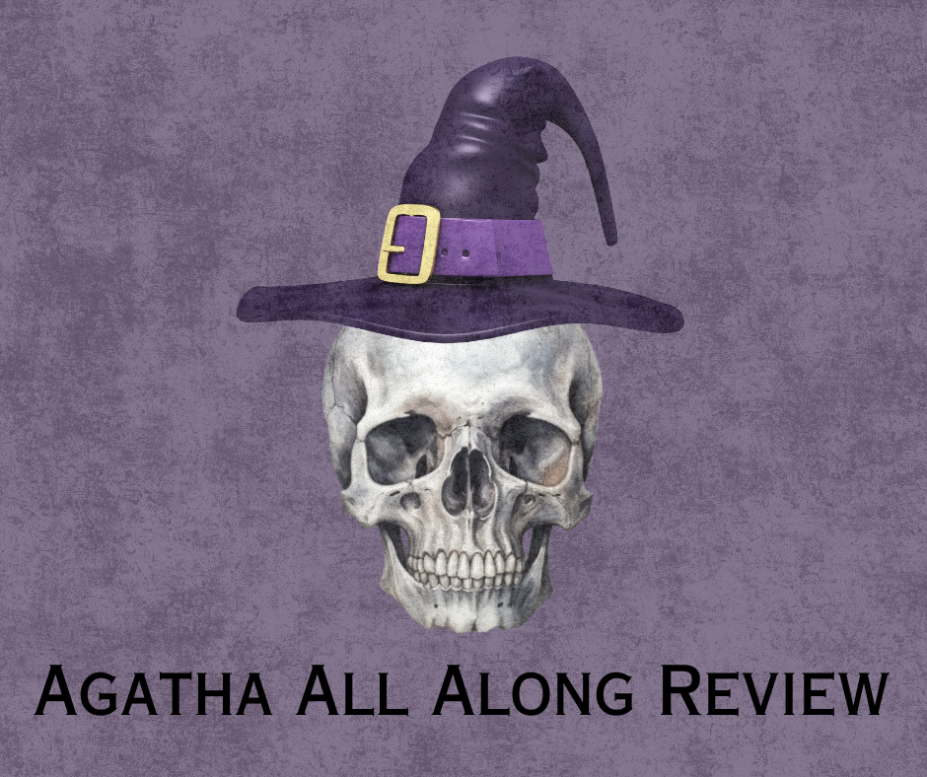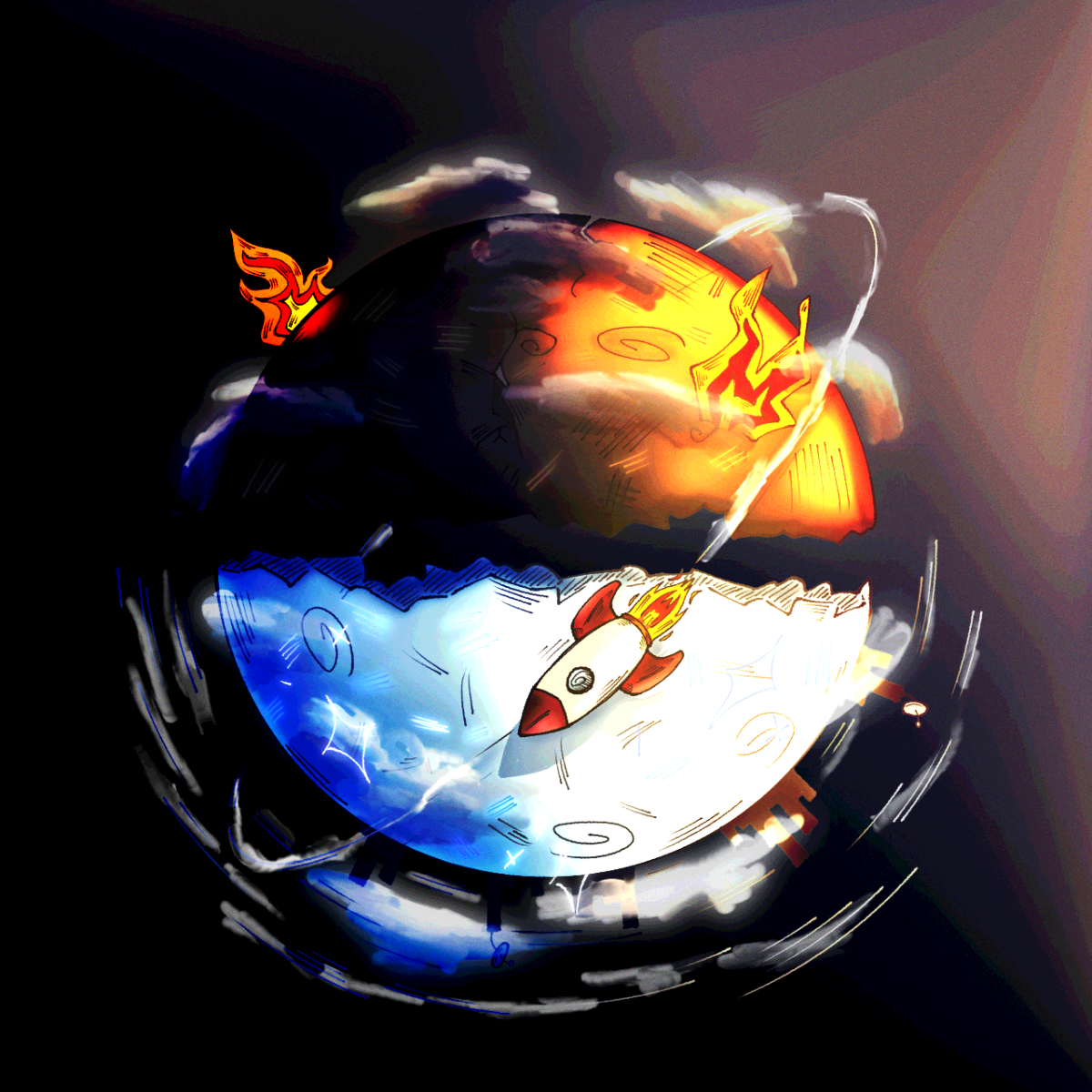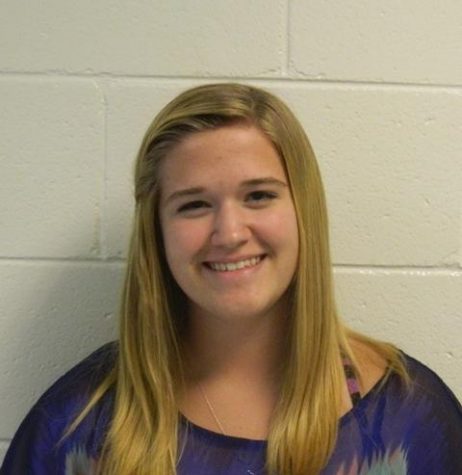While “Modern Family” has won multiple awards, including an Emmy, and has redefined the modern American family as unconventional, the show fails to address many everyday problems of American families. The main characters deal with affluent rich people problems—such as accidentally giving a child 100 dollars from the tooth fairy instead of 1 dollar. However, the series never exploits the reality of financial problems that many Americans face. Phil Dunphy, a real estate agent, has a gorgeous house and no issues with income or employment. His wife Claire’s father Jay, the wealthiest man of the entire family, lives with his wife and son in a huge home with a pool. The lavish lifestyles of the characters in “Modern Family” do not provide television viewers with relatable problems involving the typical issues with finances.
“The Middle,” unlike the luxurious suburban setting of “Modern Family,” appeals to the overlooked demographic of families who are not financially secure. The comically dysfunctional family that stars in the show depicts “middle”-class citizens and their everyday conflicts against financial shortcomings. This quirky, family comedy not only provides reassurance to families who struggling with finances, but it also adds funny and entertaining plot lines to restore confidence in the audience that there are many people dealing with financial obstacles.
The main characters of the series are the Heck family: Mike, Frankie, Axl, Sue, and Brick. Their struggles, weaved into the comedic storyline of the show, reflect many of the real-life problems that exist within families today.
One of the Heck’s main obstacles is their financial standpoint—a setback that prevents them from doing multiple things, such as buying a car for Axl and repairing the many dysfunctional parts of their house. Like the Hecks, many people face poverty in the post-recession America. In most American homes, it is not uncommon to find broken or non-functioning pieces of furniture in one’s house that would be too expensive to repair or replace. It is also typical that someone cannot pay for amenities, such as a car, to provide teenagers with the things they want. Frankie loses her job as a car salesman, which reflects the high unemployment rate and the large amount of people with no income to fully support their families. Also on “The Middle,” Sue stumbles upon Mike’s paycheck and cannot resist opening it. When she is surprised to find a very small amount of money, she immediately reacts by offering to stay home from her trip to Cincinnati as a team mascot to help save money for the family.
The kids in the Heck family relate to stereotypes of teenagers in the everyday world. Axl, a high school senior sports star with no desire to excel in academics, resembles many teenage “jocks.” He simply enjoys watching television, eating, and talking to girls, much like young boys of the modern population who enjoy using their electronics and video games before even thinking about schoolwork. He represents the immaturity of teenage boys in a comical manner.
Sue, an overly-enthusiastic and optimistic, yet socially awkward girl who is cut from all of the sports teams she tries out for, relates to the unique yet unrecognized students of the high school population. She fails her license test miserably and must wear headgear and braces. Mike and Frankie’s distraction from the normal amount of attention given to children is evident, for when Sue was born, they filled out her forms so her name is “Sue Sue Heck,” reflecting their carelessness to give her a different middle name. Sue’s quirkiness adds comedy to the plot of the show because she pokes optimism into what would normally be just awkward high school experiences.
Lastly, Brick, a smart and avid reader who possesses eidetic memory—the ability to recall images, sounds, or objects in memory with extreme precision—represents people who may have minor flaws, but still want to pursue their interests and hobbies. He is part of a social group containing children with different types of problems, from a boy who constantly yells everything he says to a boy who thinks he is a cat. Meanwhile, his wide range knowledge is not appreciated by his seemingly careless parents. During one episode, Mike and Frankie delegate one whole day for each child to do whatever activities they choose. But by the time it is Brick’s special day, they are too tired and lazy to do the activities he wants. The stereotypes of the three children of the Heck family are relevant to the various types of young people found across the nation today, and each character uses comedy to lighten the impacts of their problems.
Mike and Frankie’s lifestyles reflect those of many tired and busy parents across the country. Their failure to keep up with activities and completely provide for the kids shows the impossibility of living a perfect life. During the show, Frankie hardly ever cooks a full dinner for their family. Most nights they get take out from fast food restaurants, and in one episode they cannot decide where to go to eat, so the family comes home and eats cereal. Mike and Frankie’s irresponsibility not only displays the funny stories during this television series, but is also reassures struggling parents that everyone makes mistakes.
As audiences turn to television for entertainment, shows need to find common ground with their fan bases to keep viewers attracted. ABC’s “The Middle” serves as a comedic, yet accurate representation of the problems found in most modern homes. Due to the Heck’s inability to keep up with their hectic schedules, supply their kids with what they want, and their struggles to overcome financial hardships, this television series will succeed due to its relativity to modern lifestyles. In contrast to unrealistic sitcoms such as “Modern Family,” “The Middle” achieves a plot that is funny, yet relevant to the imperfect lives of most Americans.














Scotty • Aug 15, 2013 at 10:07 pm
I really enjoyed this article. I’m been a fan of “The Middle” for a few months now, and I’ve since then burned thousands of calories just from laughter. I really enjoy how this article addresses the fact that “The Middle” provides realistic situation that real families can relate to. I certainly find that to be the case with mine. Again, really enjoyed this article. Very good synopsis and summary of the show vs. realistic life.